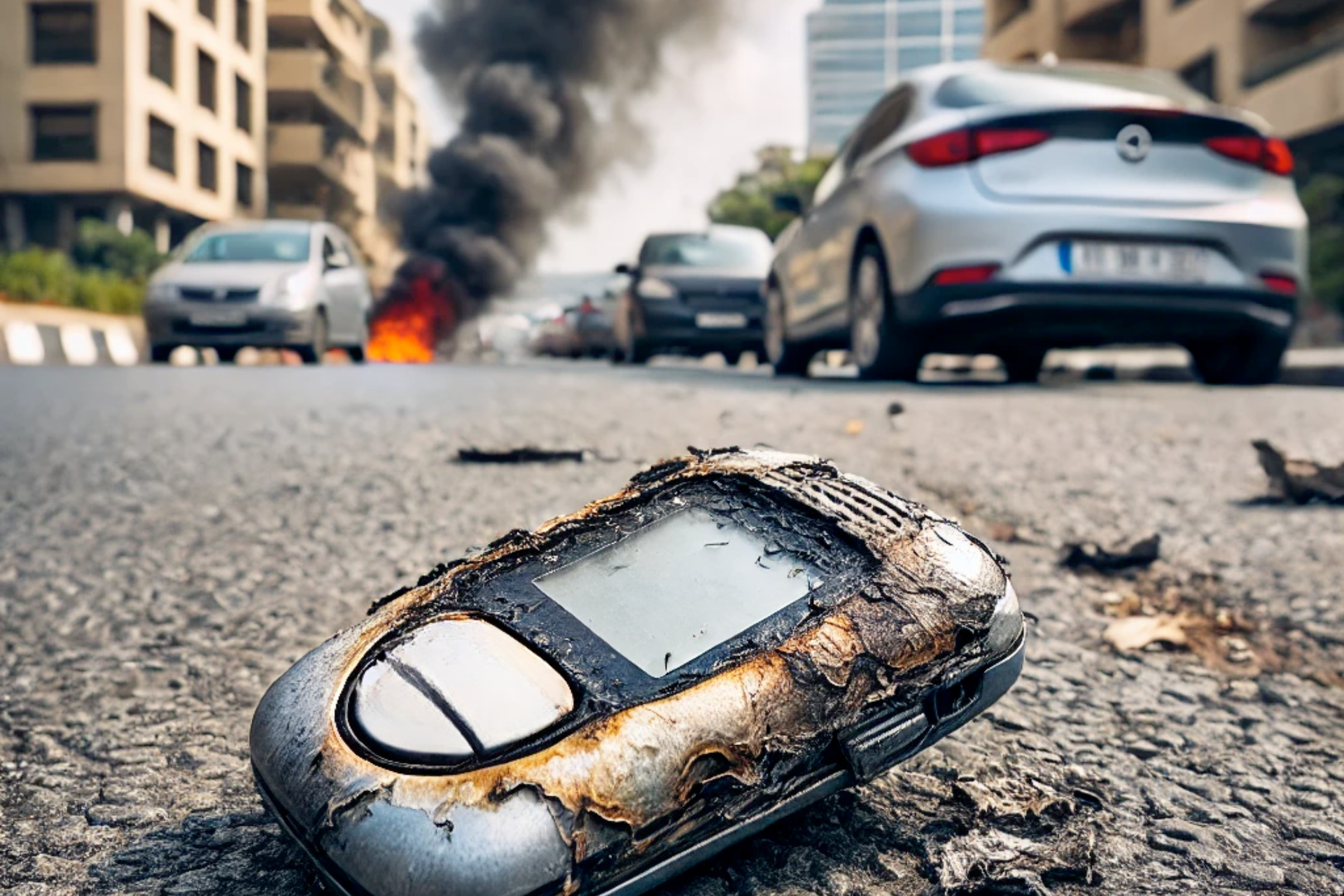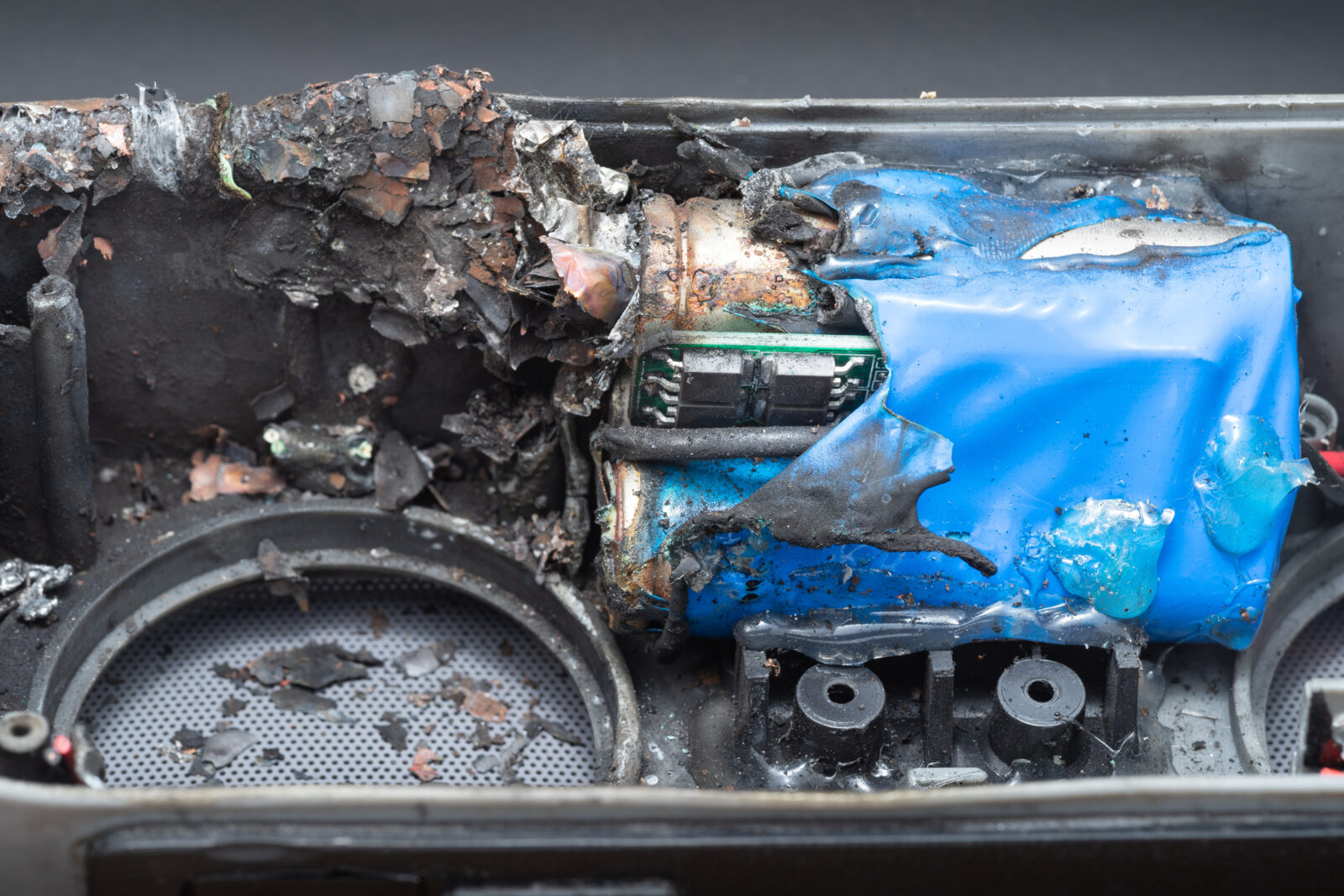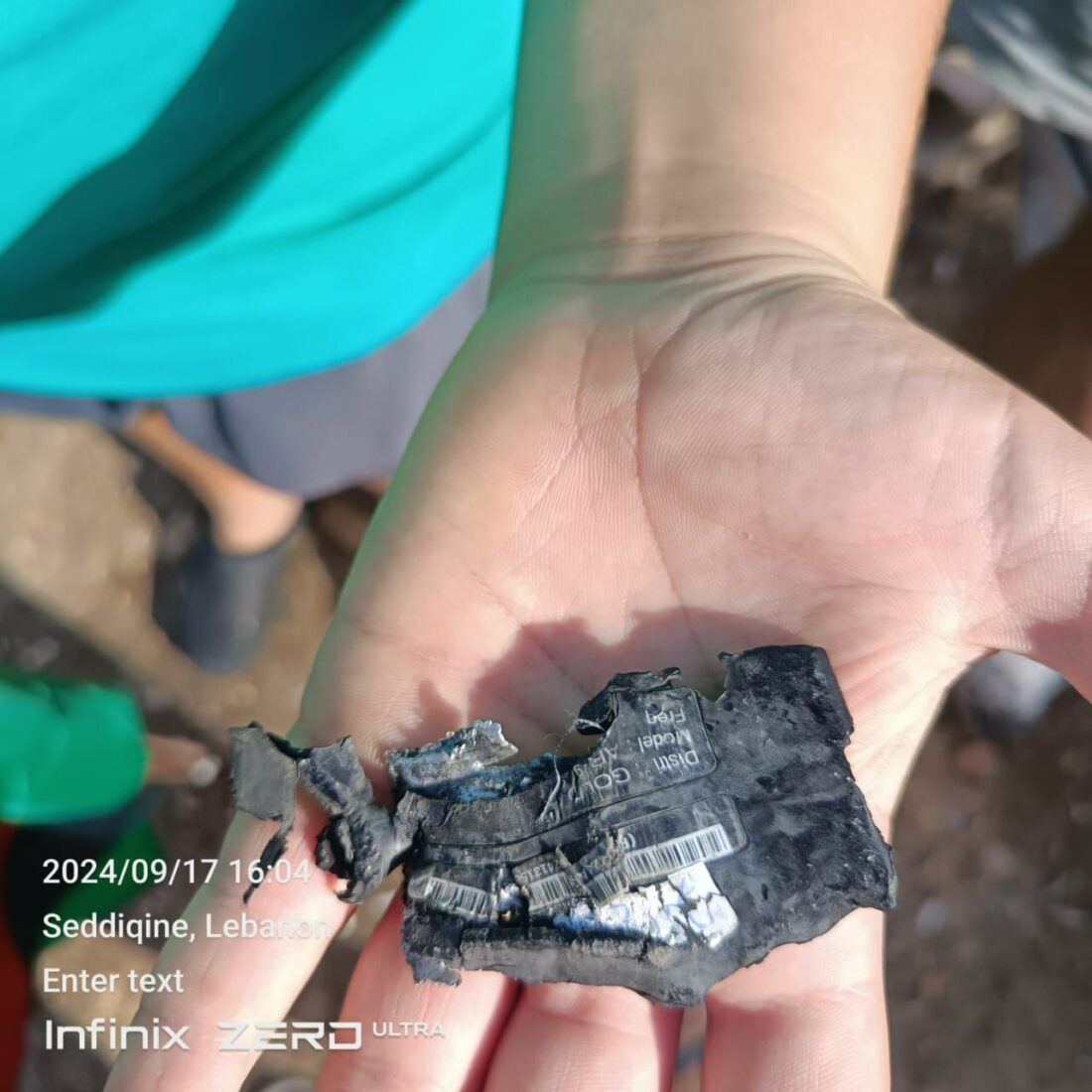
After the Hezbollah pager explosions in Lebanon on Sept. 17, many wonder if devices like phones and electric car batteries could pose an explosion risk.
This incident, where Israel allegedly triggered pagers used by Hezbollah, has fueled public fear. However, experts clarify that everyday devices do not pose the same risk.

Phones and electric car batteries use lithium-ion batteries, which are known to overheat under extreme conditions. However, battery failures in consumer electronics are rare and typically caused by overheating damage or manufacturing defects.
Unlike the Hezbollah pagers, these devices are not intentionally rigged to explode. “Most battery malfunctions in phones are due to overcharging or damage, not external manipulation,” Senol added.

Phones have been scrutinized for potential battery explosions, particularly after the Samsung Galaxy Note 7 recall. The device’s manufacturing defects caused overheating, but no external sabotage was involved.
Armoya High-Tech CEO Tuncay Uludag raised concerns about remote updates to battery management systems (BMS), suggesting they could theoretically be hacked. However, he emphasized that such an event would require a highly sophisticated attack, which is extremely unlikely in everyday circumstances.
“Battery management systems should remain fixed and not remotely updated,” Uludag had warned, but added that ordinary phone users are safe from such risks. Overheating or physical damage remains the most common cause of battery failures in phones.

Lithium-ion batteries have become the standard power source for phones and electric vehicles because of their high energy density and efficiency.

Electric cars have also raised safety concerns due to the possibility of thermal runaway, a chain reaction where a damaged or overheating battery can catch fire.
Researchers are developing AI and sensor technologies to prevent these issues. Basab Goswami from the University of Arizona believes that we need to address safety concerns related to lithium-ion batteries, but asserts that they are not designed to explode like bombs.
His team is working on algorithms that predict when and where a battery may overheat, giving engineers time to prevent thermal runaway.

While the Hezbollah pager explosions were a result of deliberate sabotage, the risks associated with phones and electric cars come from rare malfunctions, not planned attacks. Senol reassured the public that “normal phone users should not fear their devices exploding like the pagers. It’s a completely different scenario.”
Ultimately, phones and car batteries come with built-in safety features that make remote sabotage extremely difficult. Users should still follow basic safety measures, such as avoiding extreme heat and using approved chargers. But the idea that consumer devices could be weaponized, as in the Hezbollah case, remains highly improbable.